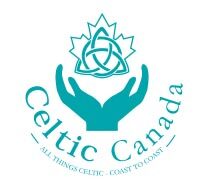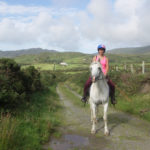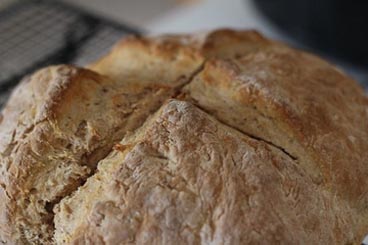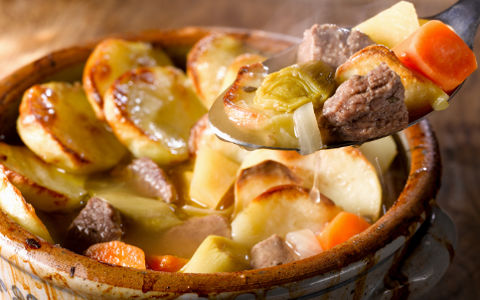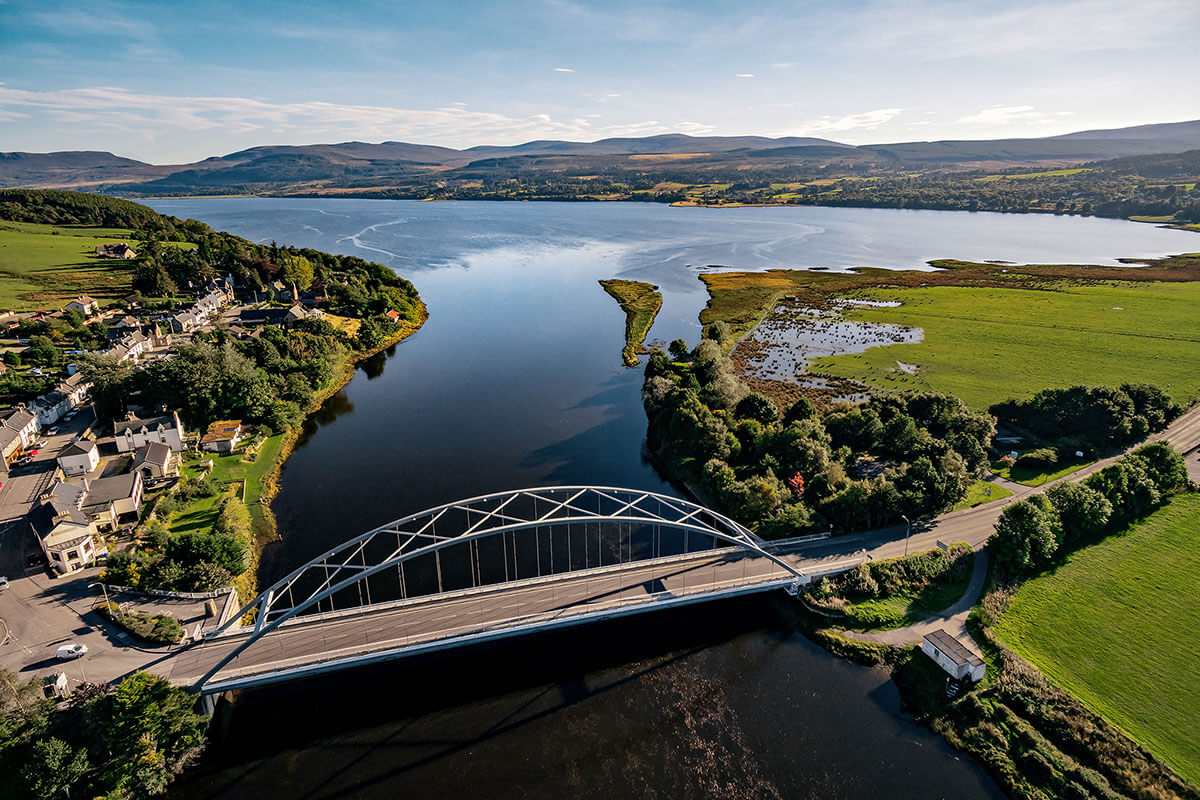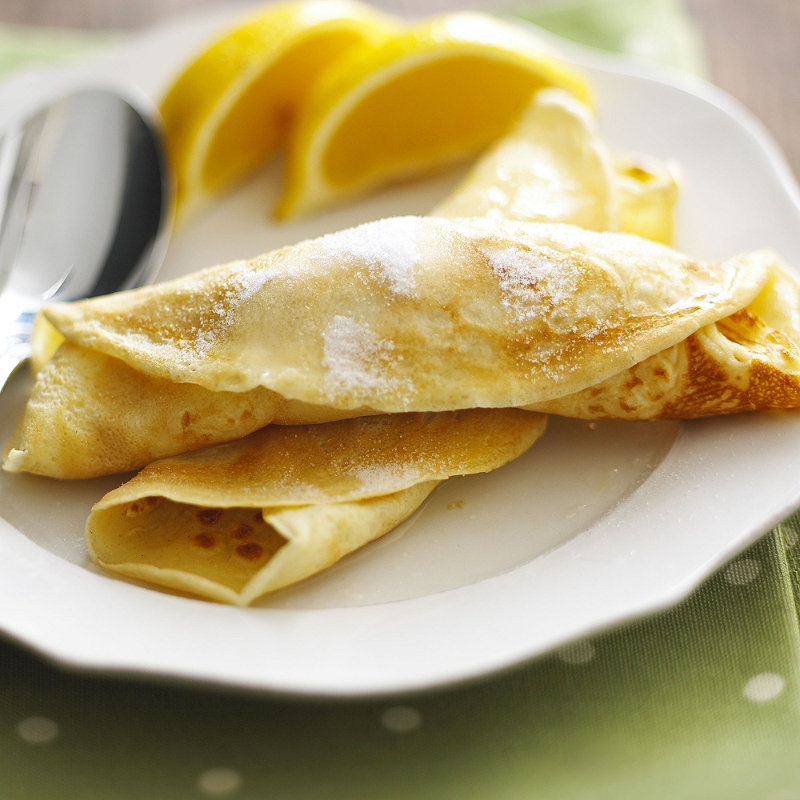Callum Donald Mathers, raised in Abbotsford, British Columbia, has built a 25 year career in Highland and Celtic music, showcasing the Celtic music community in contemporary ways. The prodigious producer’s new project, under Celtic Dance Music, envisions Celtic and Highland fusion music thriving across live event, cinematic, and gaming platforms. Today, we’ll learn more about his journey through music, the portfolio of projects that are underway, and how you can get involved as a musician or a fan.

Describe your experience with Celtic instruments.
It wasn’t until I was 8 years old that I attended my first highland games. My ancestors shook the ground beneath my feet with the sounds of pipes and drums, calling me to the pipes. My excellent instructors tempered this motivation with the discipline that won me my first contest on the practice chanter. Building momentum on a competitive rampage, I earned the honour to compete at the World Pipe Band Championships by age 15.
While the pipes remain my instrument of expertise, I had exposure to other instruments in the Highland and Celtic family. I had rented Uilleann pipes early on, for example, for too short a time. In my teens, a believer of my musical talent presented me with an old violin. My father taught me snare drum fundamentals during my later piping years.. A former Canadian Tenors member added voice lessons to my regimen. Just for fun, I picked up a low D whistle and learned as many Fred Morrison tunes as I could without instruction. Returning to percussion, I discovered the tenor drum and bass drum while launching my LED Pipe Band company, Toots & Booms. Last year, I got a membership to Pianote as well as a weighted keyboard that integrates with my music production software. As per usual, I’m learning to play as I go. While I’m less than “Duolingo” fluent in Scots Gaelic, Canntaireachd, a Gaelic derived musical language for piping music, seems to flow naturally through my vocal instrument.
When I had my tonsils removed, I turned away from professional piping and toward my newfound love as a recording artist and music producer. I haven’t taken the time to look back until this interview. Indeed, it has been an incredible journey.
What are some of your memorable accomplishments in music?
Success has to be defined by the musician, I think. We are all in music for different reasons, but the music is in us all.
Initially, the spirit of competition was important to me. Moving up the ranks was fun, collecting as many medals and trophies as possible. I got to see the UK, USA, Asia, the world really, by playing solo or in a band. When I went full solo, winning tune composition contests and selling naming rights to compositions at Robbie Burns’ nights was rewarding. Still, I am gratified seeing the thousands of downloads for my tune compositions at Viper Piper. Occasionally, I’ll find that a band performed my works somewhere else in the world, such as the New York Metro Pipe Band at the World Championships. When invited to music festival scenes that were not Celtic/Highland in nature, I was elated to perform fusion music for new audiences and have it so well received. Now that I’ve shifted my focus towards music production, my accomplishments have grown more technical. Each learning milestone in terms of mastering the software, building my studio, and integrating my experience into professional sounding arrangements and mixes has been an accomplishment.
You have built foundations in traditional and electronic music communities. Is it difficult to connect the two?
Well, see, this is the job I have appointed myself. This is to be my life’s work; finding ways to forge the connection. I have learned over the years that, with studio recordings of an instrument, I can take control of it in ways that live musicians may have only dreamt of. When I isolate, reconstruct, and present different sonic elements of a single instrument as a fully developed piece of music, and a musician can recognize every single piece as familiar, it is a powerful experience.
Electronic dance music embodies a multi-billion dollar industry. Audiences expect the highest quality of production, and are paying lots of money to experience that music on large festival-scale sound systems. They attend live events numbering in the tens and hundreds of thousands. Harnessing the sounds of our ancestors and presenting them to that crowd fulfills me. They deserve more than just synthesized sounds. I want them to feel called forth as I was when I was 8 years old.
Is this the direction Celtic music is meant to be heading?
First, I understand that there will always be people who only want to experience Celtic music in traditional ways. Last century, Ewan MacColl and Hamish Henderson (among others) were early influencers in our music’s preservation, but they also had revival in mind. Hamish had this concept of a “carrying stream” that each artist contributed to. The stream contains the ideas of the past, which collectively bring them to the present. This is what I do now; my life’s work will go into that carrying stream. I don’t need the whole world to jump on board. That being said, there are excited audiences that can be reached through contemporary projects like this. These musicians can be directly responsible for drawing listeners into the world of traditional Celtic music, too. Reaching out is necessary, however, if you are to grab the attention of those not yet in your world. This is why I also make soundscapes to be licensed for video games and cinema.
Traditional music, to me, is a language. It is heard in its most precious form by going to the source. Since globalization, it has become more accessible, serving as a means of finding one another. Traditional music in Canada helps us build community and tell our stories, new and old, with a voice that echoes outside the dusty bar’s trad session and carries beyond the ceilidh.
What sorts of projects are you involved in right now?
Since graduating from finishing school in music production, I have several projects on the go, ranging from working with Celtic solo artists and groups worldwide to producing for boardgaming Youtube channels and creating soundscapes for Celtic/Viking adventure and survival games.
As for drawing interest from our community, I am releasing a series of “Trad Play-along” Projects, which allow a Celtic or Highland musician to jam along to well known standard tunes. I have the tempo set to a learning pace. Users can listen to/download the example track, or the backing tracks that are made to be played over with percussion or with your melodic instrument. The next one comes out within the week, so stay tuned!
I will be regularly adding artist breakdown videos and developments of these projects on my General Music Blog. Expect a separate music production blog to accompany it as well.
It is my hope that I can inspire talented musicians to follow my footsteps in the recording arts and in music production/performance. I teach private music production lessons that can be booked on my site, www.celticdancemusic.com.
If you would like me to consider taking on your personal music project for production, please contact me directly at production@celticdancemusic.com. You can also jump onto my Discord Server, where I can often be reached for a quick chat.
Just want to listen to great Celtic contemporary artists? I’ve made you a great Spotify playlist. If you would like to donate to the success of the project, all donations are greatly appreciated, and can be made through PayPal.
What can we expect in the future from you?
As this portfolio of Trad Play-along tunes comes out, I will be releasing remixes of well known Celtic artists and bands as well as contemporary renditions of trad tunes.
I will be hosting a variety of contests designed to inspire contemporary playing by trad musicians around the world.
I will be hosting workshops for people that would like to learn more about the experience that is producing Celtic music. Expect a few music production gems to be available for download, such as audio effect racks and sample packs, to help achieve big commercial sound from traditional instruments.
I will be hosting Trad Play-along events that stream around the world in the future. If you are a venue or music teacher interested in hosting a Play-along session from your location, feel free to reach out.
Ultimately, long-term contributors to these projects will be contacted when I’ve entered the organizing phase for a touring show. I cannot wait until the arts scene opens up and takes off again. I look forward to all the people I will meet and work with along the way.
Thank you so much for having me!
Callum Donald Mathers
Celtic Dance Music
